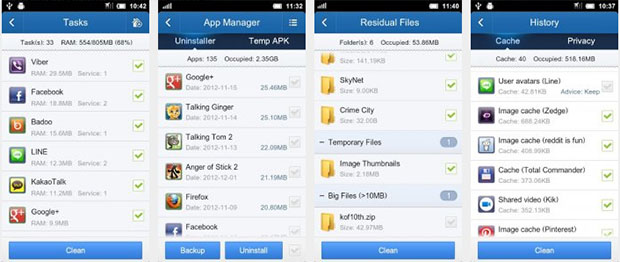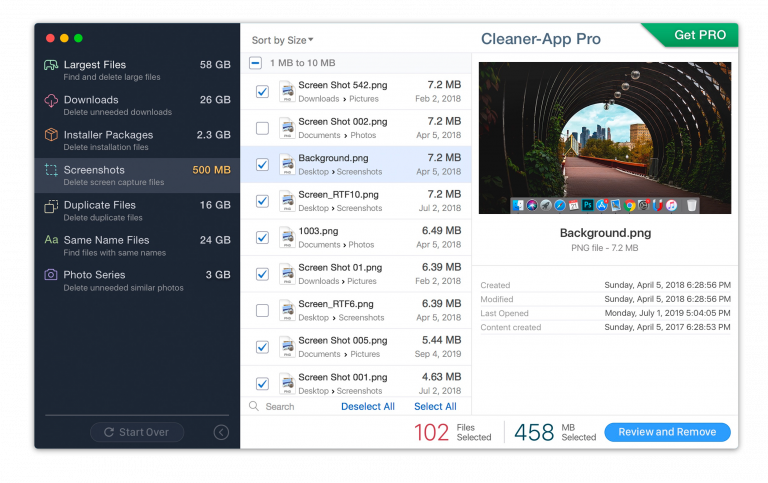
The collected data is monetized by being shared with and/or sold to third-parties.

Information of interest includes: URLs visited, pages viewed, search queries typed, IP addresses/ geolocations, personally identifiable details, finance-related data, and so forth. What is more, most PUAs (regardless of type) have data tracking functionalities. These web searchers are rarely able to provide search results, so they redirect to Google, Yahoo, Bing, and other genuine search engines. When clicked on, the delivered adverts redirect to untrustworthy/dangerous webpages, and some can stealthily download/install software.īrowser hijackers modify browser settings to promote fake search engines.

Adware-types run intrusive advertisement campaigns. Some of these applications can force-open unreliable and malicious websites. Unwanted apps lure users with promises of "useful" and "advantageous" functionalities, which are seldom operational.įake anti-virus tools are a prime example of this type they require activation (i.e., purchase) to perform the advertised features, yet after activation - they remain nonoperational.įurthermore, PUAs typically have harmful abilities.

This software appears legitimate and harmless. More information about potentially unwanted applicationsĪs mentioned in the introduction, deceptive sites like those running the "Cleaner Update" scam usually promote various PUAs. Most enter them via mistyped URLs, or redirects caused by rogue pages, intrusive advertisements, or installed PUAs. It is noteworthy that users seldom access untrustworthy sites intentionally. However, the schemes may proliferate trojans, ransomware, cryptocurrency miners, and other malware as well. Scams of this kind typically endorse fake anti-viruses, adware, browser hijackers, and other PUAs (Potentially Unwanted Applications). Therefore, installing the software promoted through such schemes can result in a wide variety of issues. It must be emphasized that the claims made by "Cleaner Update" are false.

The scheme then requests the user to download a " free Cleaner app" in order to continue watching (online content) in " safe mode". The text in the pop-up states that a new update for the visitor's cleaner software is available. When a website running the "Cleaner Update" scam is accessed, it presents visitors with a pop-up window that contains a brief message. It attempts to trick users into downloading/installing and/or purchasing dubious software by claiming that it is necessary to continue watching online content in "safe mode". The scheme is promoted on various deceptive websites. It is the name of a scam targeting Android users.


 0 kommentar(er)
0 kommentar(er)
